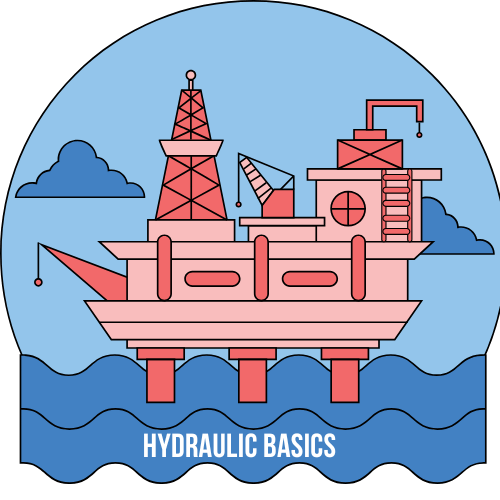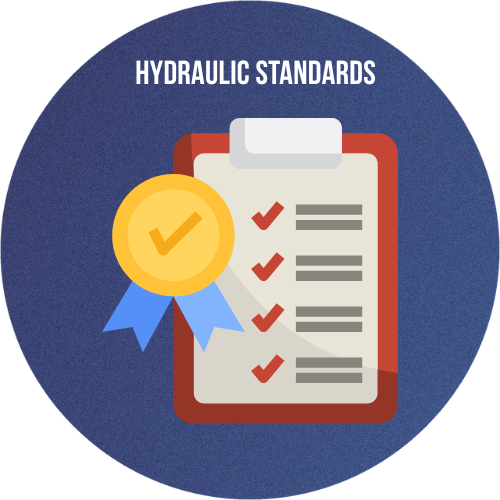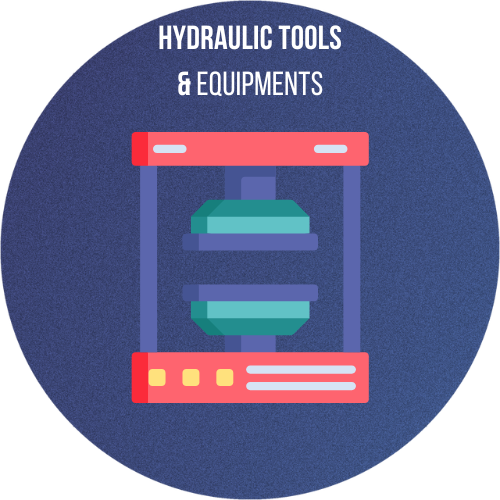Hydraulic Principles
Hydraulic Principles
Hydraulic principles are the scientific foundations that explain how hydraulic systems operate. These principles govern how fluid behaves under pressure and how energy is transferred through it.
🔹 Core Concepts:
-
Pascal’s Law – The cornerstone of hydraulics:
“Pressure exerted on a fluid in a closed container is transmitted equally in all directions.”
-
Force Transmission – Hydraulic systems amplify force:
-
A small input force can create a much larger output force using fluid pressure and surface area ratios.
-
-
Fluid Incompressibility – Liquids used in hydraulics are nearly incompressible, allowing for instant and accurate power transmission.
-
Energy Conservation – Energy is conserved in closed systems; pressure and flow are balanced to perform mechanical work.
These principles enable modern machines to lift tons of weight, brake vehicles safely, and control robotic systems with high precision.


 HYDRAULIC BASICS
HYDRAULIC BASICS  HYDRAULIC COMPONENTS
HYDRAULIC COMPONENTS  HYDRAULIC SYSTEM
HYDRAULIC SYSTEM  HYDRAULIC SYMBOLS
HYDRAULIC SYMBOLS  HYDRAULIC STANDARDS
HYDRAULIC STANDARDS  HYDRAULIC CALCULATORS
HYDRAULIC CALCULATORS  HYDRAULIC TOOLS
HYDRAULIC TOOLS  BUYER’S GUIDES
BUYER’S GUIDES 

